US Treasury Secretary Scott Bessent announced on Monday, September 15, that the United States is on the verge of finalizing a deal with China to settle the ongoing TikTok dispute, as trade negotiations resumed in Madrid.
The discussions, which began Sunday between Bessent and Chinese Vice Premier He Lifeng, focus on bridging gaps in trade and technology issues that have strained ties between the world’s two largest economies. These talks are set to continue until Wednesday, coinciding with the deadline for TikTok to secure a buyer outside China or face a US prohibition.
“We are nearing a resolution on the TikTok matter,” Bessent told the press upon arriving at Spain’s foreign ministry for the second day of negotiations. He emphasized that even if an agreement isn’t reached, “the broader relationship between the US and China remains strong at the highest levels.”
TikTok, owned by the Chinese company ByteDance, has been under US scrutiny for several years due to national security concerns. A federal mandate requiring the app’s sale or ban was initially set to take effect on January 20, the day before Donald Trump’s inauguration. However, Trump – whose 2024 campaign heavily utilized social media – delayed the enforcement and later extended TikTok’s compliance deadline by 90 days in June. This extension expires this Wednesday.
Although Trump initially advocated for banning TikTok, he later reconsidered after recognizing the platform’s influence in mobilizing young voters during the November election.
Meanwhile, Beijing has called on Washington to approach the dispute with “mutual respect and equal consultation,” urging dialogue over confrontation.
The Madrid negotiations also tackle Trump’s earlier threats to impose additional tariffs on Chinese imports. Earlier this year, retaliatory tariffs escalated dramatically, disrupting international supply chains. Both nations have since eased tensions, with the US setting tariffs at 30 percent on Chinese goods and China imposing 10 percent duties on American products. However, this temporary truce is due to expire in November. The US has accused China of delaying export license approvals for rare earth elements, which are vital for sectors ranging from defense to consumer electronics.
As the leading global producer of rare earth minerals, China has responded by launching two investigations into the US semiconductor industry. These include an anti-dumping inquiry into American integrated circuits and a probe into alleged discriminatory practices against Chinese companies.
On Monday, Chinese regulators announced that Nvidia, a major chip manufacturer, is under investigation for violating China’s antitrust laws, promising further scrutiny without providing additional details. This development intensifies the already fierce competition between the US and China for semiconductor supremacy.
These diplomatic and economic exchanges occur amid indications of a potential high-level summit between former President Trump and Chinese President Xi Jinping. Senior defense and diplomatic officials from both countries engaged in consecutive phone conversations last week, which experts believe could set the stage for direct dialogue.
Trump has expressed intentions to visit China later this year or shortly thereafter, asserting that despite ongoing disagreements over TikTok, tariffs, and semiconductors, economic relations between Washington and Beijing are improving.


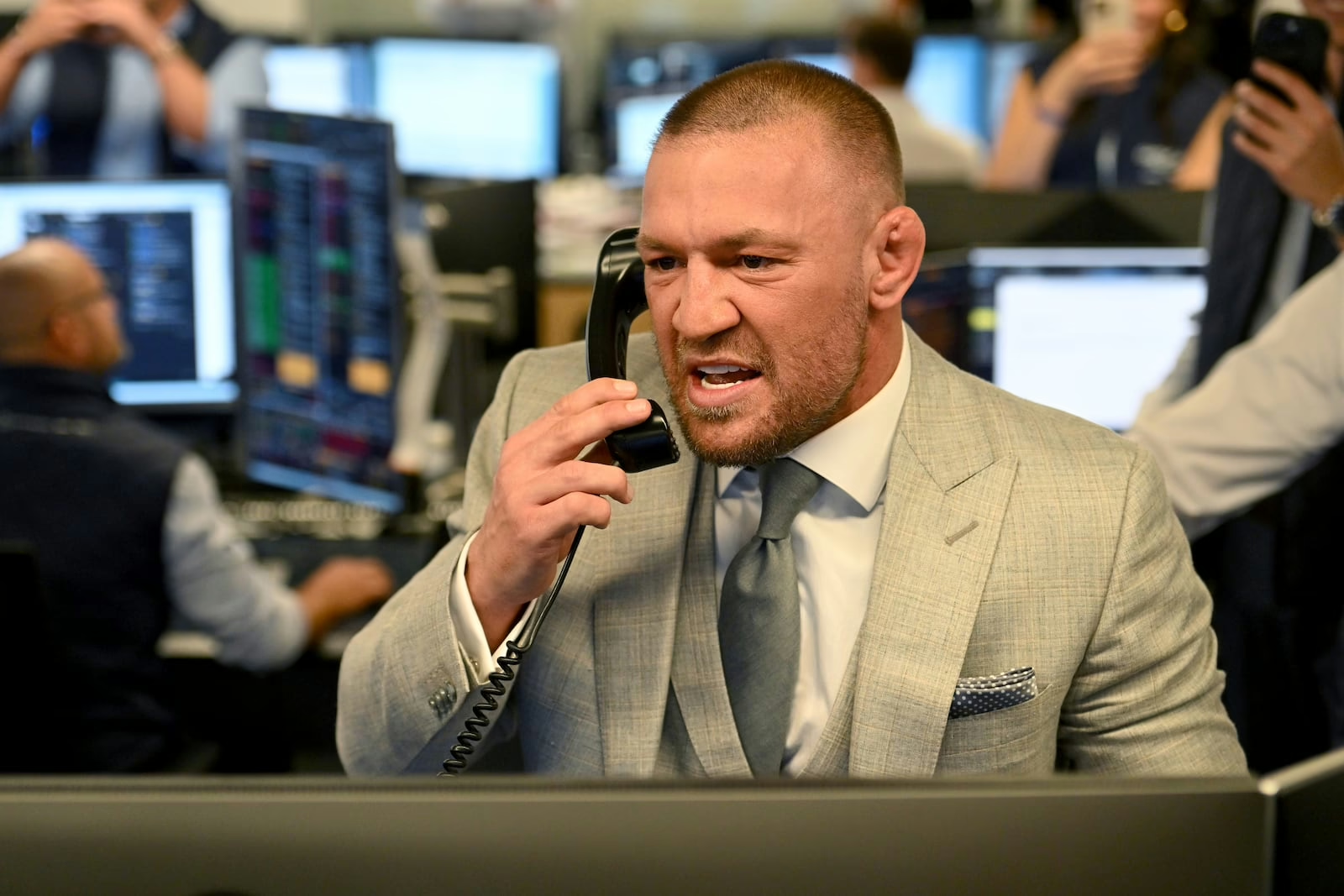

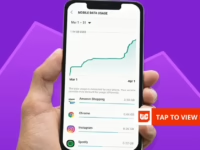
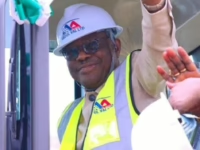
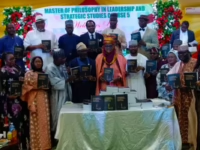
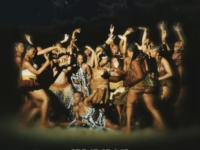

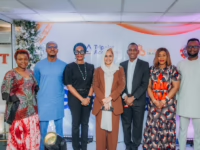


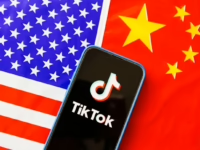
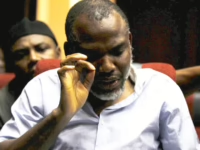

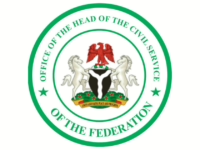

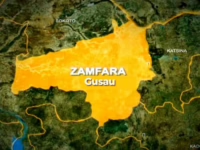
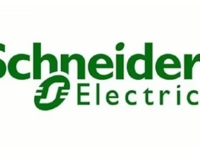
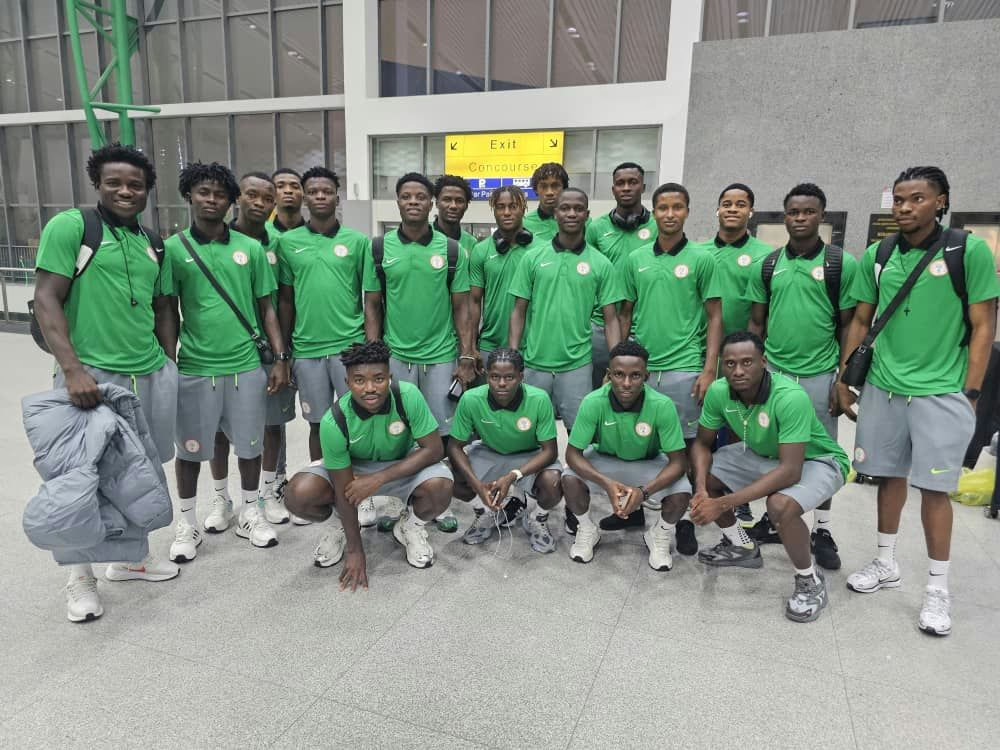

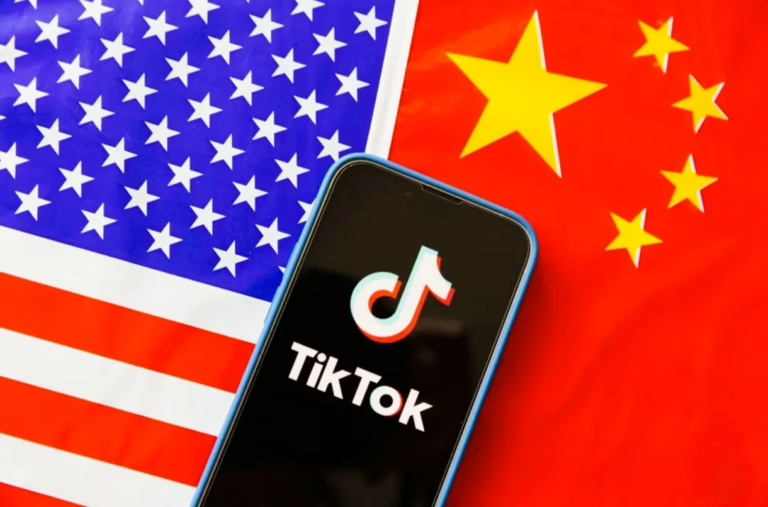

0 Comments